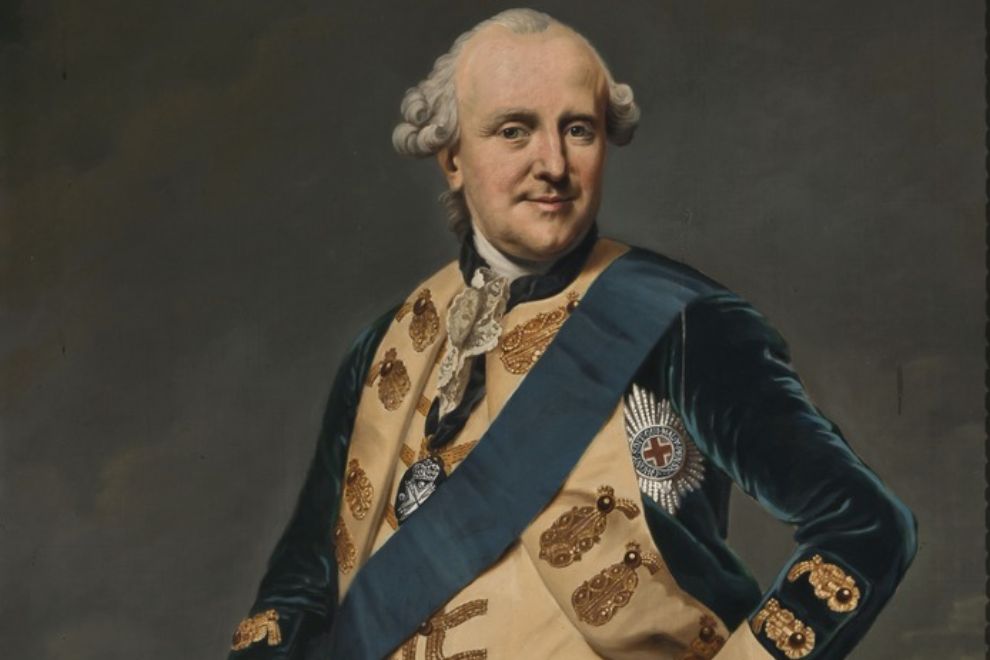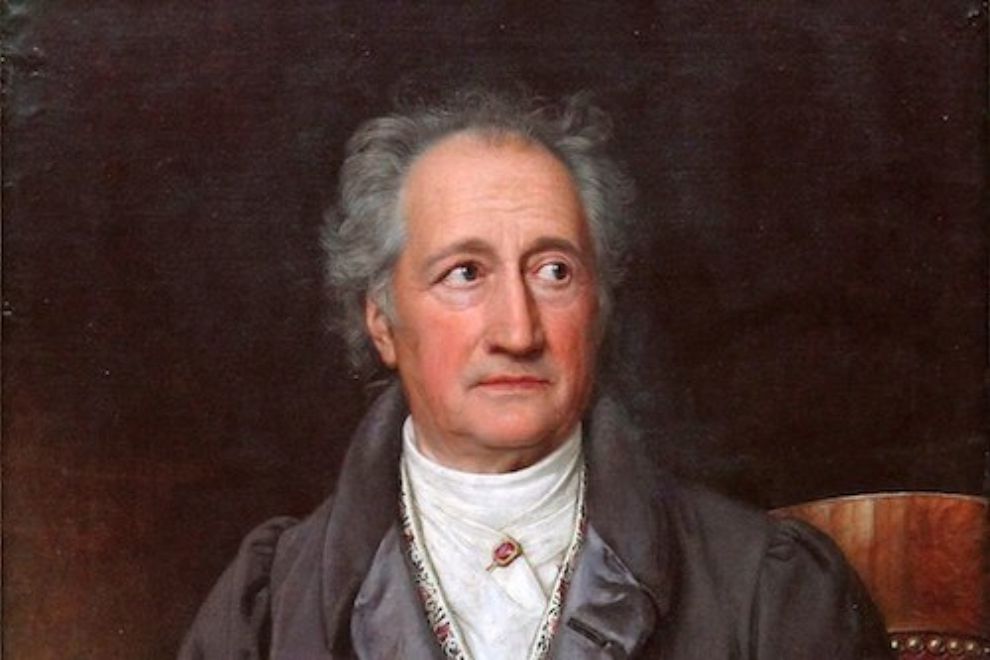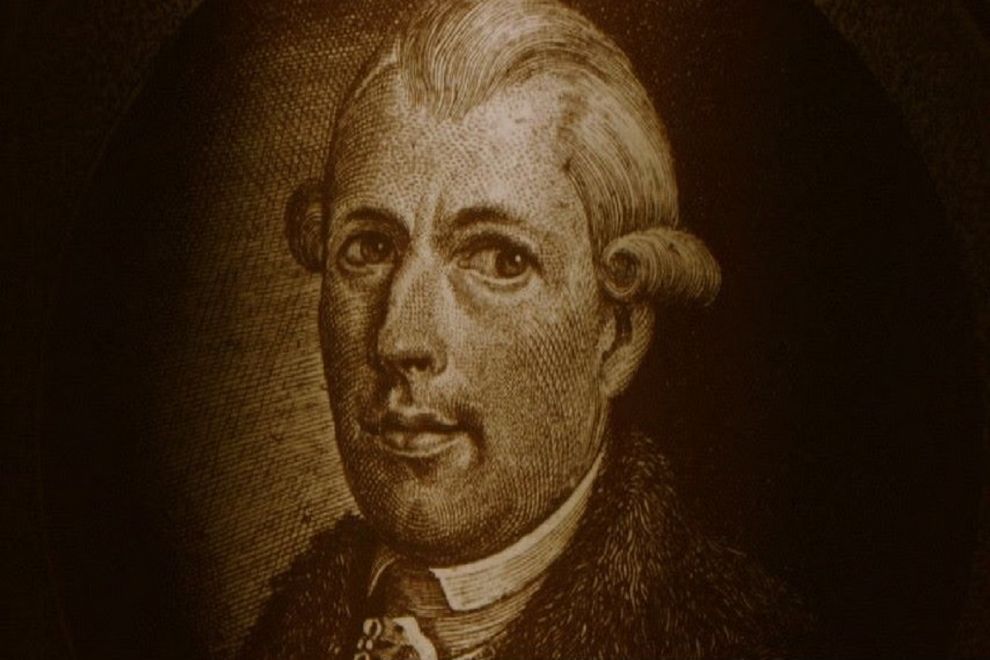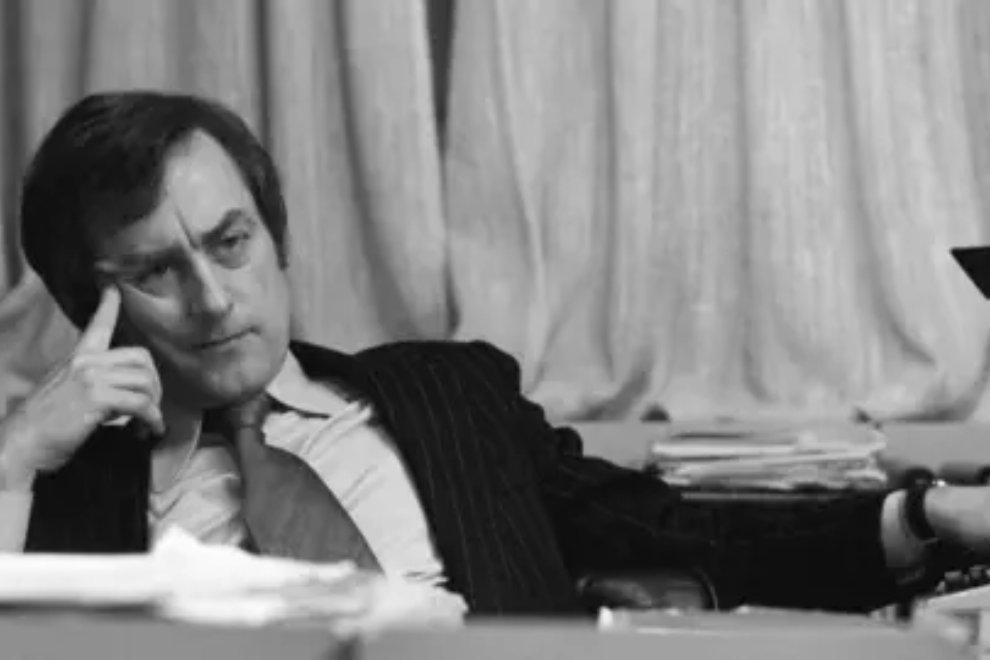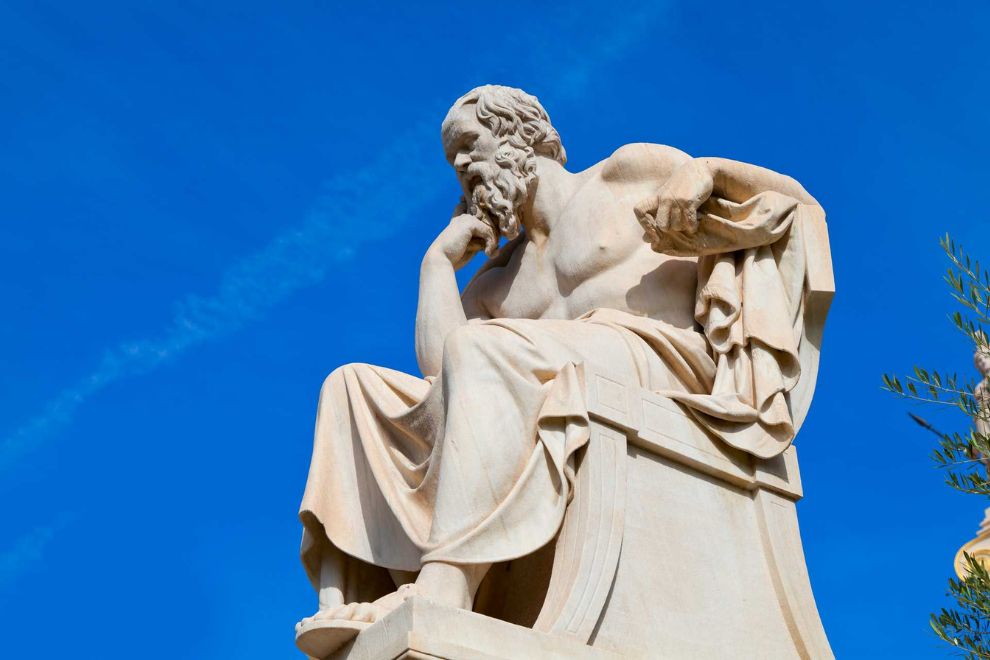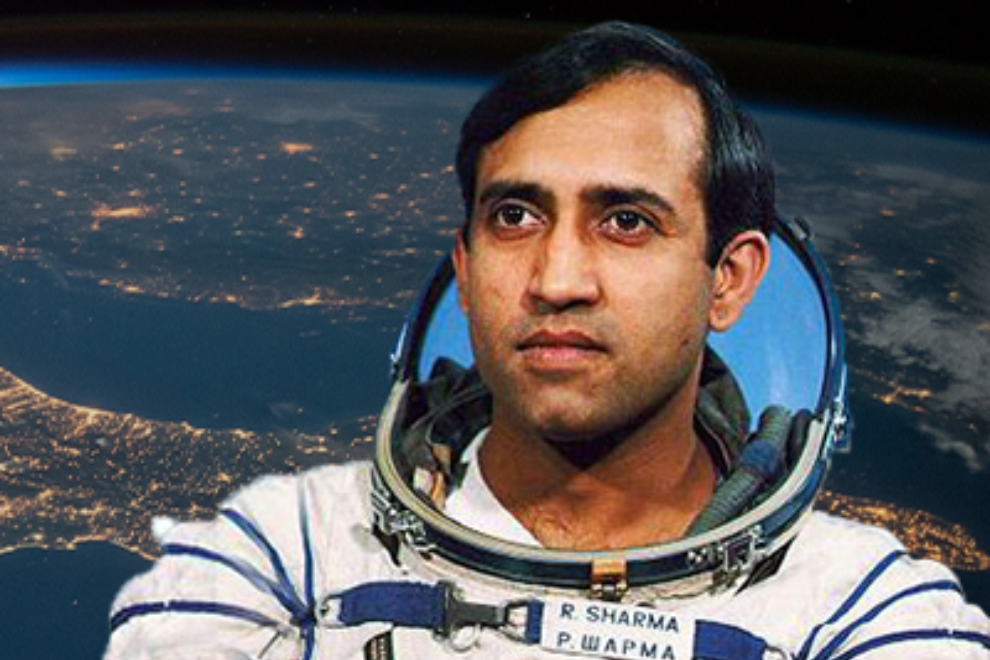IntroductionSocrates (469–399 BCE) is considered the father of Western philosophy. A towering figure in ancient Greek history, he never wrote any books. Instead, his ideas and teachings were passed down through the works of his students, especially Plato. Socrates laid the foundation for ethical thinking, logical inquiry, and critical questioning—principles that remain at the core of modern philosophy. Early Life and Background Socrates was born in Athens, Greece, around 469 BCE. He served as a soldier and later became known not for his appearance or profession, but for his powerful mind and revolutionary ideas. Unlike the Sophists of his time who charged fees, Socrates offered his wisdom freely in the streets and marketplaces of Athens, challenging citizens to think deeply about virtue, justice, and the good life. Philosophical Beliefs Socrates is best known for the Socratic Method—a form of cooperative dialogue that involves asking and answering questions to stimulate critical thinking and expose contradictions. His central belief was that “the unexamined life is not worth living.” He focused on moral philosophy, emphasizing that knowledge leads to virtue and that ignorance is the root of evil. Top 20 Most Powerful Socrates Quotes Trial and Death Socrates’ radical ideas and methods earned him enemies. In 399 BCE, he was tried for corrupting the youth of Athens and impiety. Refusing to renounce his beliefs, he was sentenced to death by drinking a cup of poison hemlock. His courageous stance in the face of death cemented his legacy as a martyr for truth and wisdom. Legacy Socrates’ influence on Western civilization is unmatched. His teachings inspired Plato, whose writings preserved Socratic thought and shaped Aristotle, and, by extension, the entire foundation of Western philosophy and logic. Even today, educators, philosophers, and critical thinkers use the Socratic method in law, ethics, and debate. Final Thoughts Socrates taught the world how to question, how to think, and how to seek truth within ourselves. His enduring wisdom reminds us that self-awareness and critical thinking are essential to a meaningful life. His quotes continue to resonate, offering guidance in both personal and societal challenges.



